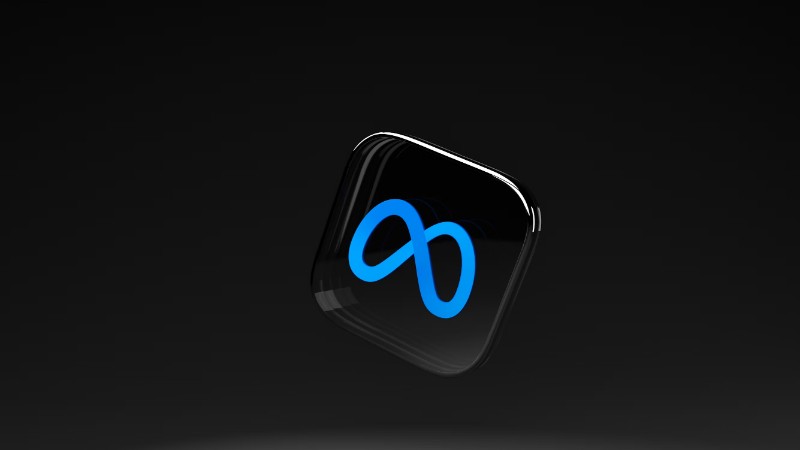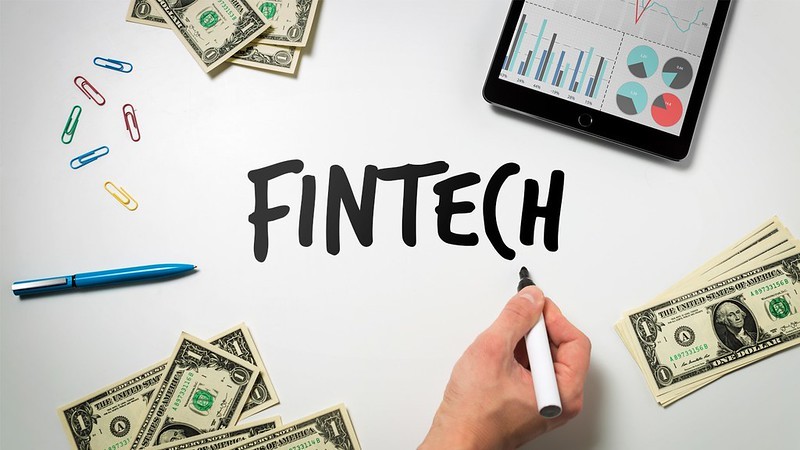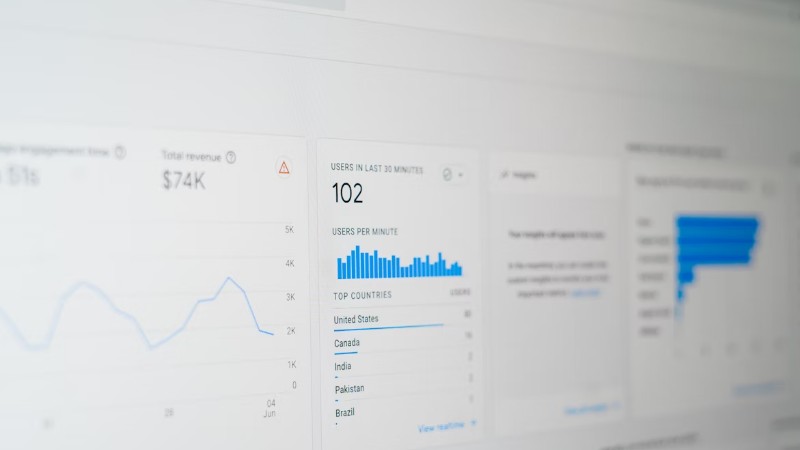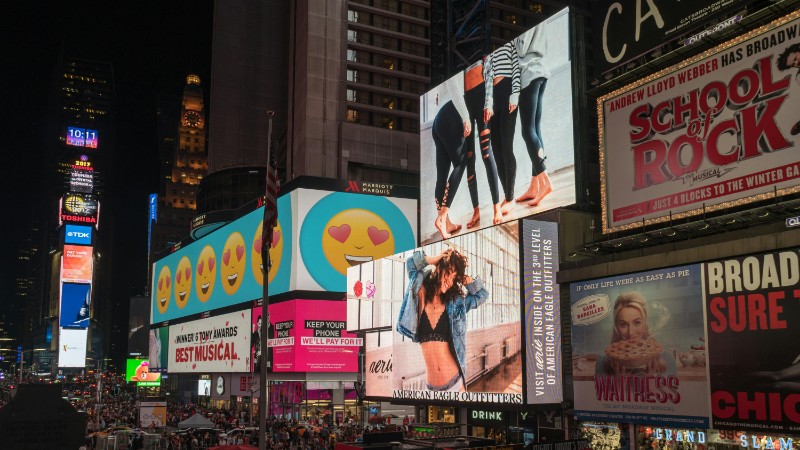Brazil ordered Meta 48 hours to remove unauthorised gambling ads
Policy UpdatesBrazil’s Attorney General’s Office (AGU) gave Meta a 48-hour deadline to remove advertisements promoting unauthorised online gambling platforms. The directive came after authorities identified hundreds of active campaigns across Facebook and Instagram that were not in line with Brazil’s regulatory framework. The AGU stressed that failure to act weakened consumer protection and distorted fair competition within the regulated betting market. Betting activities required authorisation Brazil’s legal structure for fixed-odds betting was defined by Law No. 14,970/2023 and Ordinance No. 1,207/2024, which required all operators to obtain prior authorisation from the Ministry of Finance. To distinguish legal providers, authorised companies had to use the “.bet.br” domain. Any operator running services or ads without these credentials was considered illegal, including campaigns tied to PPC gambling or PPC betting that targeted Brazilian players through social media. Investigation revealed widespread violations A review of Meta’s Ads Library exposed hundreds of ads from unlicensed operators. These campaigns included promotional strategies similar to PPC casino advertising, raising concerns about how quickly unregulated content reached consumers. According to the AGU, the presence of these ads misled players and undermined the government’s attempt to establish a safer, well-supervised gambling market. The findings also revealed shortcomings in Meta’s verification processes. Requirement for compliance and prevention The AGU instructed Meta to not only remove existing ads but also provide evidence that it had acted effectively. The order required the company to outline measures to prevent similar violations in the future. Regulators emphasised the need for stronger monitoring tools to ensure unauthorised PPC betting campaigns did not return to their platforms. Broader effort to protect consumers The directive reflected Brazil’s larger strategy to protect consumers and regulate the expanding gambling sector. Although Meta had expressed plans to update its gambling advertising policies, authorities stated that its current system remained inadequate. By enforcing stricter rules, the AGU sought to curb illegal gambling activity, safeguard users, and maintain fairness in the country’s betting industry.








